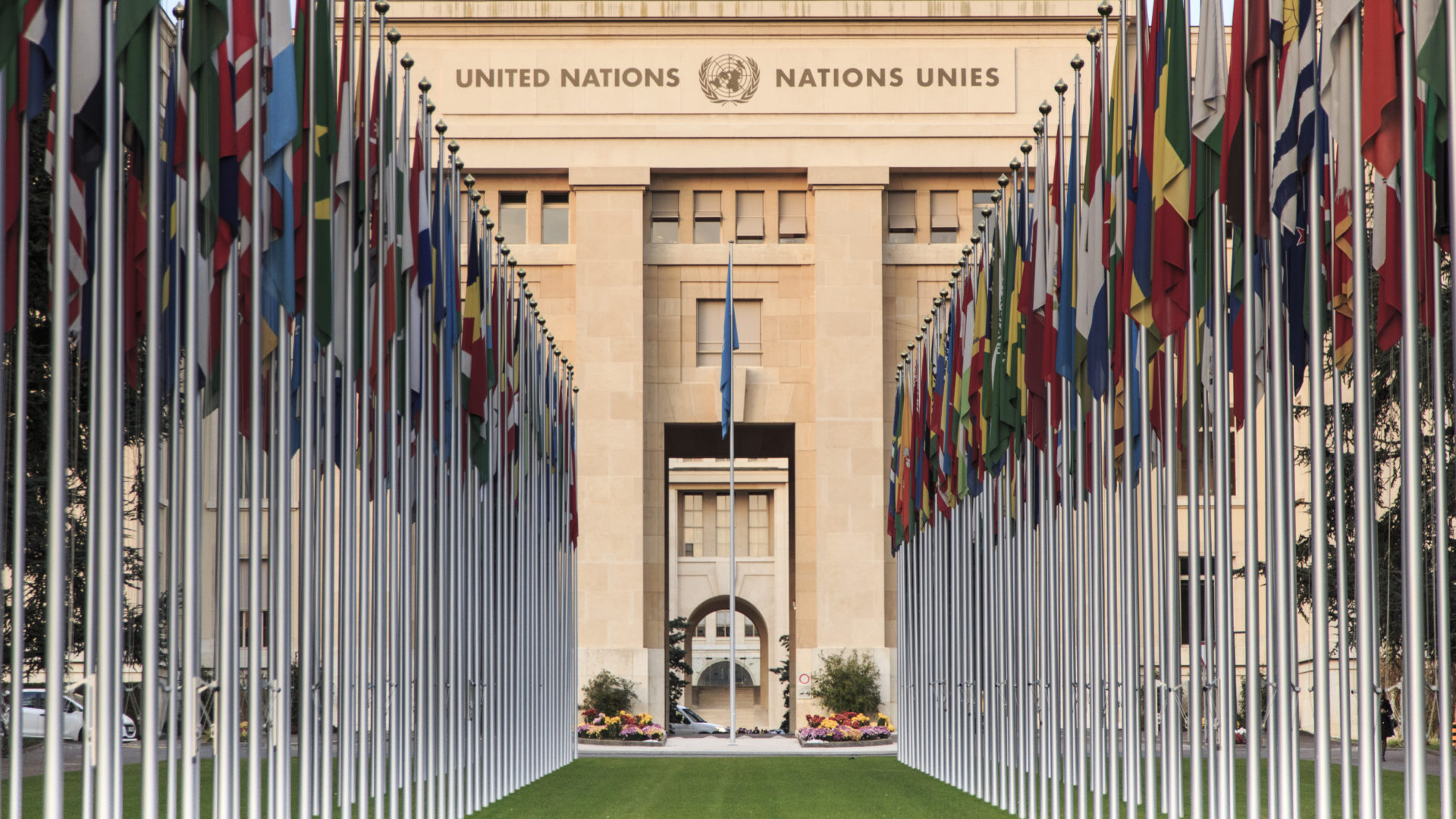This strongly-worded text, coupled with an increased number of states voting for the resolution from 2019, illustrates the international community’s growing concerns for the significant deterioration in human rights in Belarus ahead of the 9 August Presidential election.
The resolution adopted by the HRC expressed, “grave concern at the arbitrary detention and arrest of, and the fines imposed on, journalists and other media workers for performing their professional activities, human rights defenders, bloggers and other members of civil society.” In addition, Belarus was urged “to guarantee a free, fair and transparent presidential election on 9 August, and to take all reasonable measures to facilitate a peaceful process, in accordance with the State’s international obligations and commitments”. The resolution also extended the mandate of the Special Rapporteur on the human rights situation in Belarus, one of only 12 country-specific mandates and the only focused on a European country.
This resolution could not have come at a more important moment for human rights defenders or human rights organisations in Belarus. The international community is witnessing daily attacks on peaceful protestors, journalists, lawyers, and other human rights defenders by Belarusian authorities. These attacks, followed by detention and arrest, are increasing as the country comes closer to its presidential election.
Passing the resolution, and renewing the Special Rapporteur’s mandate should only be seen as a first step. HRHF applauds the HRC’s action; however, the international community must insist that Belarus takes immediate remedial action to address current human rights violations and concrete steps to ensure no further escalation around next month’s election. This is a critical moment and the international community must stand with the Belarusian people exercising their rights of association, assembly, and expression.
Among the 47 states voting on the Belarus resolution in the face of a growing human rights crisis in the country, only five voted against its adoption: Armenia, Eritrea, India, Philippines and Venezuela.





